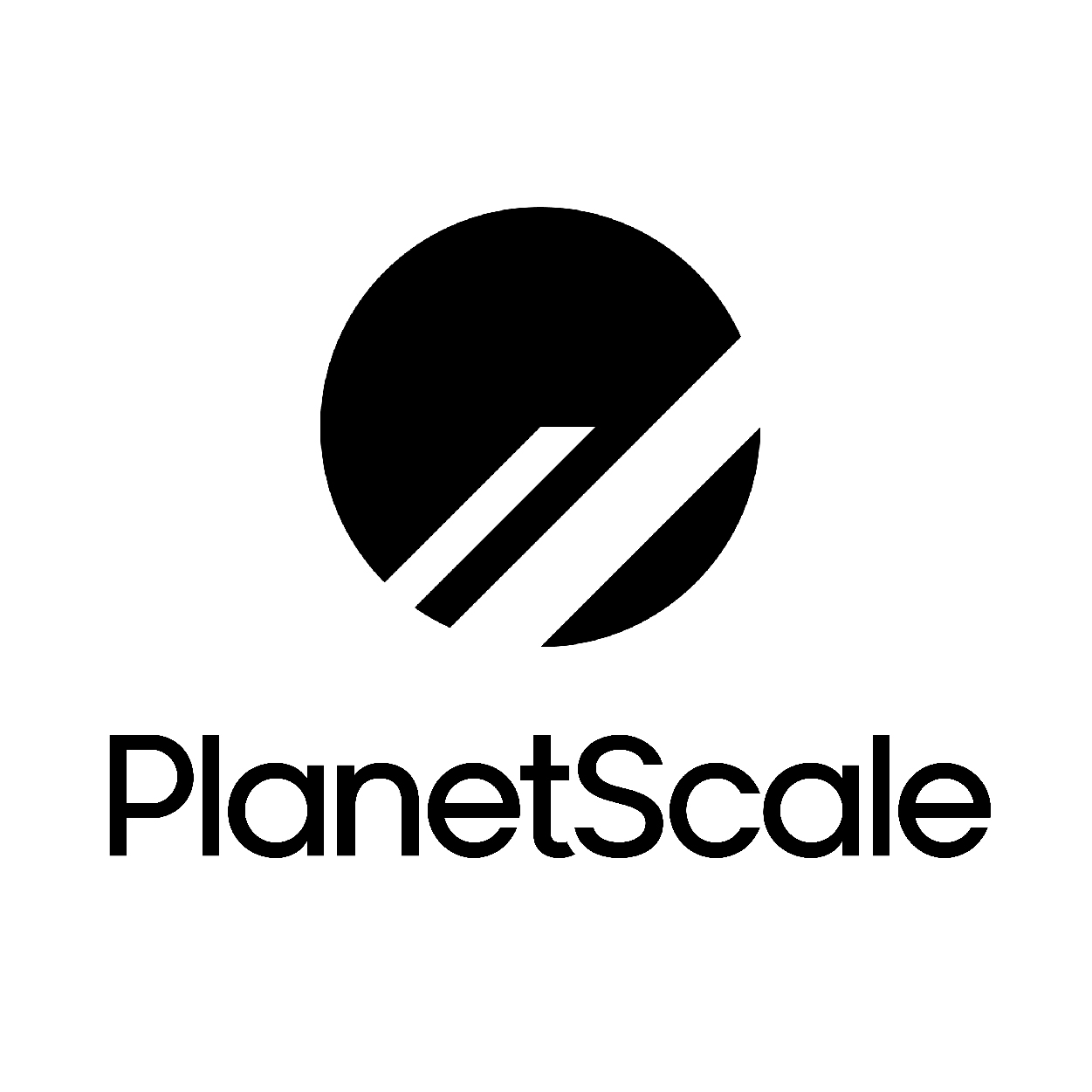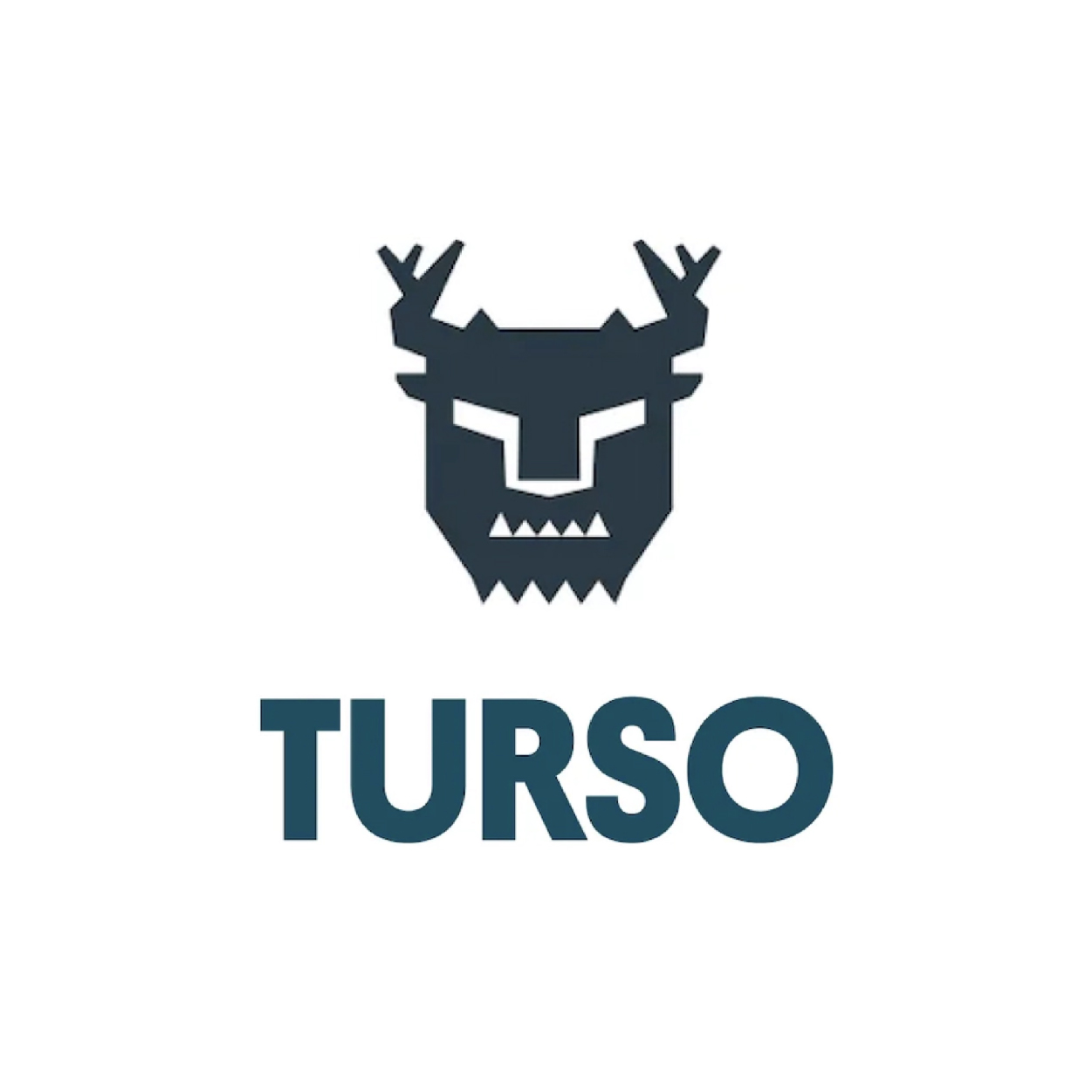Choosing the right database technology is critical for system performance and scalability. Traditional relational databases are proven but often struggle with modern demands such as real-time scalability and cloud integration. Newer solutions like PlanetScale and Turso are designed to address these challenges directly. Here’s a more technical and straightforward comparison of these options.

PlanetScale Overview
PlanetScale is built on Vitess, an open-source system for scaling MySQL databases. It’s designed for horizontal scaling and is optimized for cloud environments.
Technical Features:
- Horizontal Scaling: Utilizes Vitess’s sharding capabilities to scale out by adding more nodes.
- Schema Changes: Supports non-blocking schema changes, allowing updates without downtime.
- Data Branching: Similar to version control, it lets developers test changes in isolated branches before merging them into production.

Turso Overview
Turso is a cloud-native, distributed SQL database that emphasizes consistency, high availability, and global scalability.
Technical Features:
- Distributed Architecture: Automatically distributes data across nodes and regions, balancing load and reducing latency.
- SQL Compatibility: Maintains strong consistency and supports SQL, making it easier to adopt in place of traditional SQL databases.
- Automated Management: Focuses on reducing the operational burden with automated scaling, failover, and recovery processes.
Comparison with Traditional Databases
✔ Scalability:
- Traditional: Typically, vertical scaling is needed, which is limited and often involves downtime. Horizontal scaling, if available, requires manual setup and management.
- PlanetScale: Automates the sharding process and provides seamless horizontal scaling.
- Turso: Built-in support for automatic data distribution and rebalancing across a global infrastructure.
✔ Maintenance:
- Traditional: Requires hands-on management for tasks like backups, scaling, and updates.
- PlanetScale: Managed service that handles most operational tasks automatically.
- Turso: Also a managed solution, with a focus on automating complex tasks associated with running a global, distributed database.
✔ Developer Experience:
- Traditional: Offers stability and widespread knowledge but can complicate tasks like schema modifications, which might cause downtime.
- PlanetScale: Facilitates easier and safer modifications through features like schema branching.
- Turso: Provides a distributed system’s benefits without requiring significant changes to SQL code, minimizing the learning curve.
✔ Use Cases:
- Traditional: Suitable for applications with stable and predictable workloads where single-region hosting is sufficient.
- PlanetScale: Best for dynamic applications requiring frequent updates and scalability without downtime, such as SaaS platforms.
- Turso: Ideal for applications that operate on a global scale where data needs to be close to the user and high availability is crucial.
In Conclusion…
PlanetScale and Turso provide advanced solutions for applications needing high scalability and global distribution without heavy operational overhead. Traditional databases remain a viable option for scenarios with less dynamic requirements. When selecting a database, consider not just current needs but also anticipated growth and the geographical distribution of your user base.
For more information, talk to us today or follow us on LinkedIn and Facebook for news, updates, and discussions with industry professionals.



